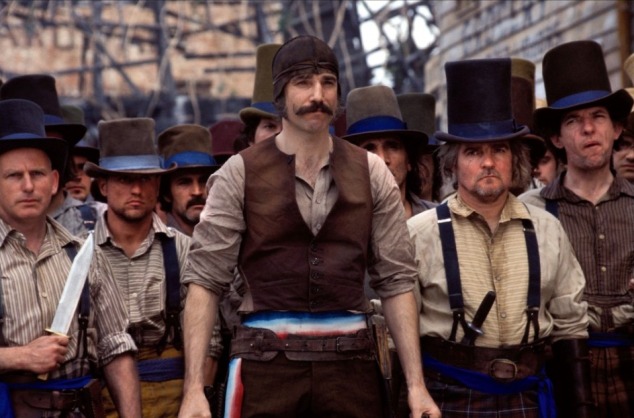The work of Noah Baumbach is teeming with honest depictions of familial relationships. Baumbach has proven himself a master of all things bittersweet. The Meyerowitz Stories marks a new era in his development as a distinctive directorial voice. Baumbach once again puts family relationships under the microscope in this funny, touching and heartfelt study of one New York family. Teaming up with a stellar cast of Dustin Hoffman, Emma Thompson, Ben Stiller, Adam Sandler and Elizabeth Marvel, Baumbach studies that most inevitable of hardships – the eventual decline of our parents.
Baumbach’s strength lies in crafting dialogue which realises on screen the complexity of real-life relationships. No one has a perfect relationship with their parents, least of all with their siblings, and when hard times fall upon us, the reaction is not always to band together in solemn solidarity. Baumbach’s interest lies in the reaction of these three siblings- Sandler, Stiller and Marvel, to their father’s failing health. Baumbach’s sharp dialogue is brought to life by three complex, thoughtful and often funny performances.
Sandler, in particular, steps up to the plate in a way we haven’t seen since Paul Thomas Anderson’s Punch Drunk Love. Employing his well-honed sad-sack shtick, Sandler drops some of that lovable everyman charm and adopts the worn-out demeanour of a man whose life has passed him by. The chemistry of the three siblings is intriguing, but is perhaps a little overblown during one explosive, and perhaps over-the-top, confrontation between Sandler and Stiller.
Stiller himself turns in a worthy performance as Matthew, the one sibling who has moved on from New York. He has built a successful and lucrative career for himself, but is unfulfilled in his personal life, and cold towards his father. Dressed in cold blues, opposed to his father’s ochres and burgundies, Stiller is somewhat of an outcast in his misfit family, a picture of capitalist conformity.
However, all are rightfully outshone by Hoffman himself, as the withering patriarch of the Meyerowitz clan. Hoffman turns in one of his best performances of recent years, his undeniable charm adding warmth to the somewhat callous nature of his character. Hoffman adds a vulnerability to Meyerowitz, a man who doesn’t know how to treat his relationships, and who feels he hasn’t realised all his artistic ambitions. In this respect, he and Sandler are two sides of the same coin- right down to the failed marriages and unfulfilled creative potential. Their performances are carefully crafted mirrors of each other, and each compliments the other wonderfully.
The Meyerowitz Stories is a funny, tender and poignant film which delves into the interactions of one very dysfunctional family. It is a film driven by its performances and its dialogue, with a stellar cast turning in a plethora of stellar performances. Noah Baumbach artfully balances humour and drama to create a family portrait which goes beyond the norm.






